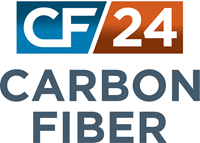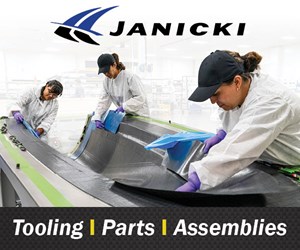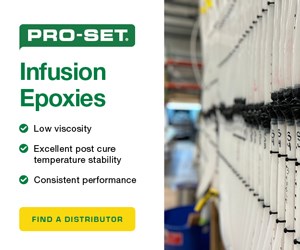Firefly Aerospace Alpha rocket successfully reaches orbit, deploys customer payloads
All-composite Alpha FLTA002 rocket launches and reaches orbit from U.S. soil on only its second attempt, completing all important technical milestones including a two-burn maneuver.
On Oct. 1, Firefly Aerospace (Austin, Texas, U.S.), successfully launched its all-composite Alpha FLTA002 rocket, reaching orbit and deploying customer payloads. Liftoff took place on Oct. 1 at 12:01 a.m. PST from Vandenberg Space Force Base in California. With mission success, Firefly says it is the first company to launch and reach orbit from U.S. soil in only its second attempt. It is also reported to be the first and only U.S. commercial space company with a rocket ready to take customers to space in the highly desired 1,300-kilogram payload lift class.
“With the success of this flight, Firefly has announced to the world there is a new orbital launch vehicle, available today, with a capacity that is pivotal to our commercial and government customers,” Bill Weber, Firefly CEO says. “Proving our flight and deployment capabilities on only our second attempt is a testament to the maturity of our technology and the expertise of our team. This is an exciting day at Firefly, and we have many, many more ahead.”
Alpha is an all-composite rocket that uses patented tap-off engine cycle technology, which reduces cost and improves efficiency while maintaining the strength and reliability of the rocket. After liftoff, the rocket completed all major technical milestones — including insertion into an elliptical transfer orbit, coasting to apogee and performing a two-burn maneuver, relighting the second stage during its first orbital flight.
FLTA002 deployed a total of three payloads, including demonstration satellites from NASA TechEdSat-15 in conjunction with San Jose State University (SJSU, Calif., U.S.), Teachers in Space and Libre Space Foundation. These payloads will perform several in-space experiments, including an “exo-brake” to help in the deorbiting of satellites and test a fully free and open-source telecommunications constellation.
Building on its success, Firefly is completing the Acceptance Testing Protocol (ATP) for its Alpha 3 vehicle in preparation for its upcoming NASA VCLS Demo 2-FB ELaNa 43 launch. In addition, Firefly continues the production of multiple rockets at its Texas manufacturing facilities using all the lessons learned from existing flights and testing. Firefly is scheduled for six Alpha launches to take customer payloads to space in 2023, and 12 more in 2024.
Firefly sends special thanks to SLD-30 for its continued support and partnership and the customers on FLTA002 for their dedication and unwavering confidence in Firefly’s technology.
Related Content
-
Daher CARAC TP project advances thermoplastic composites certification approach
New tests, analysis enable databases, models, design guidelines and methodologies, combining materials science with production processes to predict and optimize part performance at temperatures above Tg (≈150-180°C) for wing and engine structures.
-
ZeroAvia advances to certify ZA600 in 2025, launch ZA2000 with liquid hydrogen in 2027
Lightweight composite tanks are key to ZeroAvia’s vision for H2 aircraft to rival range and utility of jet fuel aviation.
-
TU Munich develops cuboidal conformable tanks using carbon fiber composites for increased hydrogen storage
Flat tank enabling standard platform for BEV and FCEV uses thermoplastic and thermoset composites, overwrapped skeleton design in pursuit of 25% more H2 storage.


















